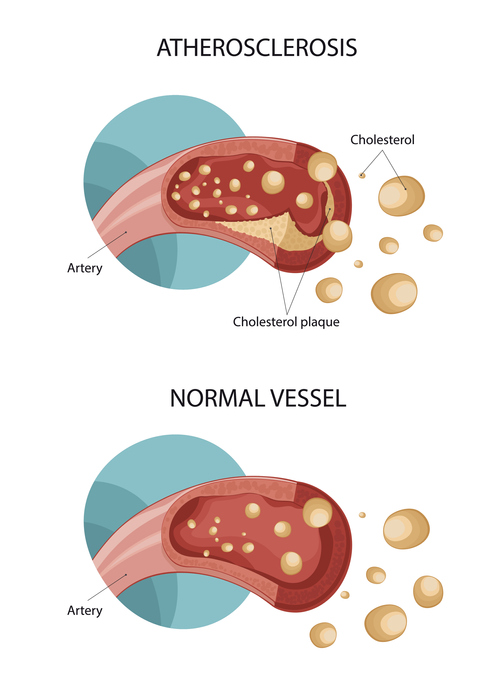These Foods Will Reduce Your ‘Bad’ Cholesterol Level

Many people try to avoid increasing their LDL or “bad” cholesterol level. One common way is to avoid eating foods that contain saturated fats or trans fats, including egg yolks, liver and other organ meats, shrimp, deep-fried foods, and whole milk dairy products.
Fortunately, improving your cholesterol doesn’t have to be all about saying “no” to certain foods. There are some foods that can actually help lower your LDL (low-density lipoprotein) cholesterol.
What is cholesterol?
First, what is cholesterol? MedlinePlus describes it as a waxy, fat-like substance that’s found in all the cells in your body. Your body does need some cholesterol to make hormones, vitamin D, and substances that help you digest foods. High-density lipoprotein (HDL) is considered the “good” cholesterol – it enables your body to remove cholesterol through the liver.
LDL is not as easily removed from the body, and a high level of HDL can cause harmful plaque to build up in the arteries, potentially causing coronary artery disease, as the illustration shows.
Foods that reduce LDL
Experts agree that 200 mg of cholesterol per day should be the maximum intake. If you want to eat foods that reduce your LDL, eat more soluble fiber (such as whole grains), fruits and vegetables, and fish that are high in Omega-3 fatty acids (such as salmon, sardines and anchovies). An article in Harvard Health provides some specific examples from these categories, including:
- Oats
- Beans
- Nuts
- Apples, grapes, strawberries, and citrus fruits
- Soy
“Different foods lower cholesterol in various ways,” explains the Harvard Health article. “Some deliver soluble fiber, … [s]ome give you polyunsaturated fats, … [a]nd some contain plant sterols and stanols, which block the body from absorbing cholesterol.” Find ways to add more of these foods to your diet while reducing those with saturated or trans fats.
Other ways to reduce LDL cholesterol
There’s more to reducing cholesterol than focusing on what you eat. According to MedlinePlus, the most common cause of high cholesterol is an unhealthy lifestyle. This can include:
- Lack of physical activity, with lots of sitting and little exercise. This lowers your HDL (good) cholesterol.
- Smoking, which lowers HDL cholesterol, especially in women. It also raises your LDL (bad) cholesterol.
For some people, genetics may also cause high cholesterol. For example, familial hypercholesterolemia (FH) is an inherited form of high cholesterol. Other medical conditions and certain medicines may also cause high cholesterol.
The information in this article is not intended to replace the advice of your healthcare provider. Talk to your doctor about your cholesterol levels and how you can best manage them.
![Charlesgate [logo]](https://www.charlesgate.net/wp-content/uploads/sites/218/2016/12/logo-new.png)